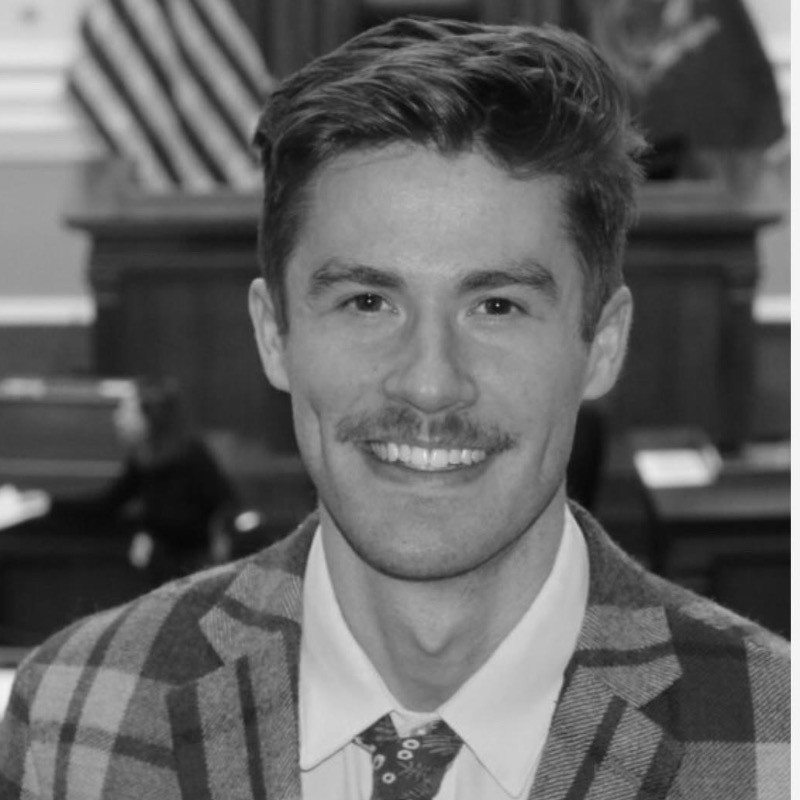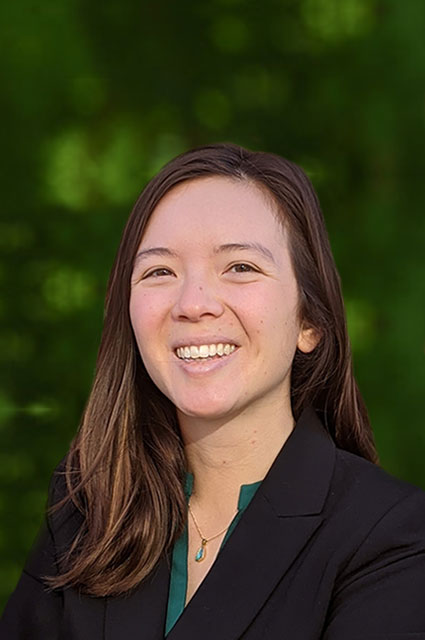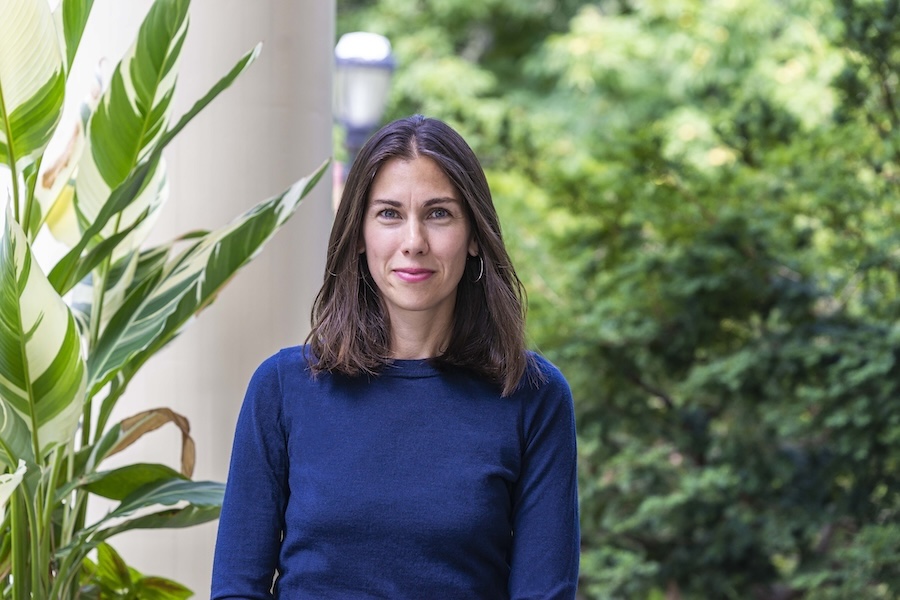What have you been up to since graduating from Bowdoin?
I graduated from Bowdoin in 2018, and I currently serve as the state representative for Maine House District 127, which includes part of my hometown of Westbrook. I was first elected in 2020 and am currently serving my third term. In the legislature, I serve on the Marine Resources and the Environment and Natural Resources committees and previously served on the Veterans and Legal Affairs committee. Outside of the legislature, I work as an oyster farmhand in Casco Bay and have been a visiting fellow at several climate and ocean-focused organizations.
Why religion?
I've always been curious about other cultures, and studying religion is a great way to better understand people who are different from you. In my career, the religion major has helped me better understand the intersection of religion, politics, and culture, to understand large systemic issues.
Are there any classes, professors, or experiences that had a lasting impact on you?
Professor Morrison and Professor Pritchard are phenomenal teachers who have had a lasting impact on me, and their classes gave me the skills necessary to succeed in the work I have done post-college.
What advice would you give to current students or recent graduates interested in your field?
If you're interested in running for state or local office, then you should run! You can make a huge difference by running for a local office. But there are many ways to get involved in politics outside of elected office. You can join a campaign, become an organizer for an advocacy group or union, or work as an aide for a legislator. All are great entry points into local and state government.


